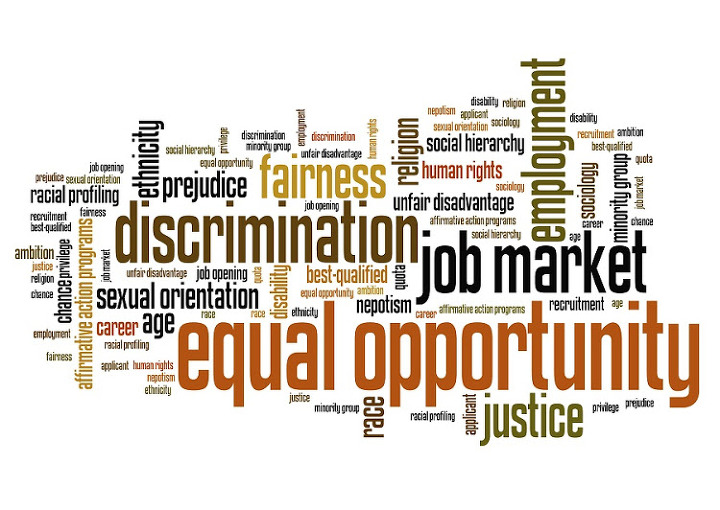Korea during the latter part of the Joseon dynasty was called the hermit kingdom. You often hear the term used even today to describe pre-modern Korea even by Koreans. The Joseon Dynasty was known for its isolation policy for fear of foreign invasions.
The fear of foreigners was not completely unjustified for they were invaded from Japan and Manchuria. This fear of foreigners has changed greatly in modern times; the influx of foreigners after the Korea War was a big change.
A diocesan priest working with migrant workers gives the readers of the Weekly Bulletin some of his thoughts on the virus and the foreign workers in Korea. Working with foreign workers during the coronavirus pandemic he experienced the difficulties of foreigners in Korea in a way that surprised him.
He has received many calls from Christians concerned about his health but in the end, they inevitably mention the fear they have for him working among the foreigners and request that he be careful with his health.
The Coronavirus is a worldwide pandemic and the possibility of coming in from the outside is always a possibility especially now that the country seems to have contained the virus.[Today all the cases reported numbered 6 and they all have been imported from outside the country]. Where does the fear come from? The foreign workers are living in Korea and yet the fear is that they may be spreading the virus, in the minds of some. This is the question he doesn't like to face. Why would they consider the foreigners living in Korea a problem?
During the corona pandemic and working with the foreign workers he realized how difficult it was for a foreigner to live in Korea. When the number of confirmed coronavirus cases where increasing foreigners were able to contact Call Center in their language but this was no easy task. The information was of little help to foreigners. They felt lost on where to go for masks or tests, consequently, his pastoral workers were extremely busy.
It was during this time that he as a Korean was proud of seeing the way the citizens were helping each other and showing concern for their neighbors and seeking to help when they had the opportunity. Koreans showed a strong understanding of solidarity with one another which the writer found commendable but it didn't include the foreigner. They are our neighbors, living in Korea, contributing to our society but the objects of suspicion and prejudice and placed outside the help of the welfare system. This is not fair or just. He wants us to reflect on this.
Nowadays our society is coming out of the tunnel in which we found ourselves. We have returned to attending Mass. The foreigners are also wanting to return to Mass, however, because of the expression on the faces of the Christians and their prejudice and doubts they are being asked to continue the psychological distancing.
He finishes the article with the story of the Canaanite woman who only wanted the crumbs from the table that fell to the floor. The migrant workers are thankful for the work they have in the country and would be thankful for any kindness shown them during this difficult time.
